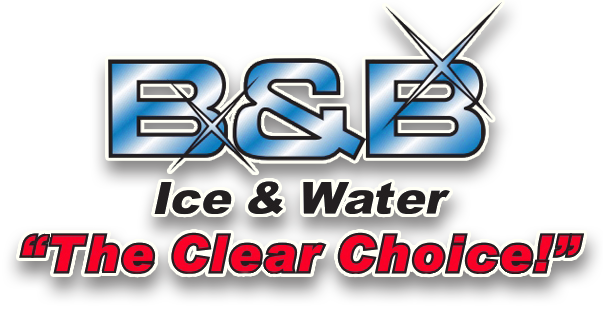Food Safety
Learn more about B&B Ice & Water, and what sets our safety measures apart.


From our in house laboratory and daily water and ice testing regimen, to our extensive third party testing protocols we do whatever it takes to provide the safest and highest quality product on the market. B&B’s Port Arthur plant is one of only 5 companies in the state of Texas that holds the International Packaged Ice Association’s PIQCS Plus certification. This voluntary program entails a very rigorous approach to critical sanitation, quality assurance processes, and food safety management systems. The PIQCS standards are based on current FDA Good Manufacturing Practices and HACCP prerequisites and are tailored specifically to our industry. In order to maintain this elite certification, our plant has to pass inspections conducted annually by NSF International plant inspectors. Among the 58 areas inspected, 17 are considered “critical” and failure to pass anyone of them would fail the entire inspection.

Ice the Forgotten Food
• First and foremost, Ice is a food. In fact, people consume more ice, nearly two pounds per person per day, than they do bread.
• Water and Ice, the ONLY Difference is Temperature. In recent national surveys, as high as 85% of all consumers said they were very concerned with the quality of their tap water. This explains the phenomenal growth of the bottled water and water cooler category.
• Every food code in the U.S. and Canada defines ice as a food yet there is little oversight. IPIA member packaged ice manufacturing companies voluntarily subject their manufacturing plants to the rigorous inspection expected by today’s consumer. Without the IPIA label there is no guarantee of any food grade manufacturing best practices oversight.
• Packaged ice is critical for Emergency Relief Operations. IPIA member packaged ice manufacturing companies respond with efficiency and speed to provide a quality and safe food
product in coordination with emergency relief operations. The packaged ice industry provides millions of pounds of ice in response to natural and man-made disasters each year
• Most people believe that Bottled Water and Packaged Ice meet the same rigorous quality and safety standards. This is most certainly not the case.
• In industrial ice plants, ice is generated in large capacity machines that package the ice automatically where there is no human contact. However, 50-60% percent of all packaged ice sold in the U.S. and Canada is produced on-premises at supermarkets, gas stations, liquor stores, campgrounds and other retail and wholesale outlets. These packaged ice producers (non IPIA plants) which are in thousands of locations nationwide producing millions of bags of ice annually neither meet any standards nor are they adequately inspected. If these outlets bottled and sold the water they are using to produce ice, they would need to meet the FDA bottled water regulations in order to package that water on premise for sale to the customer. The same should hold true of packaged frozen water.
Learn More about B&B Ice and Water’s IPIA PIQCS Plus certification here: http://www.packagedice.org
